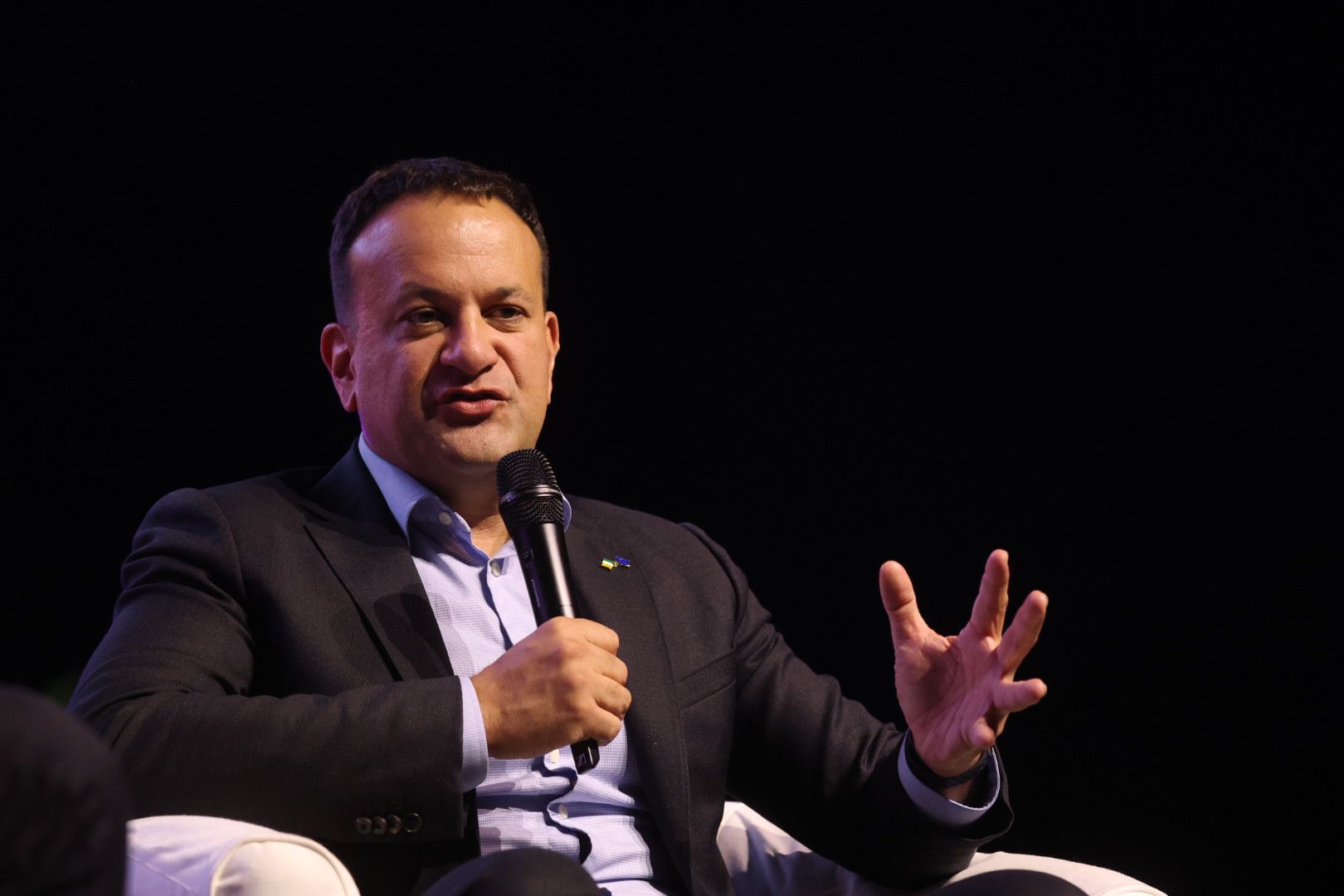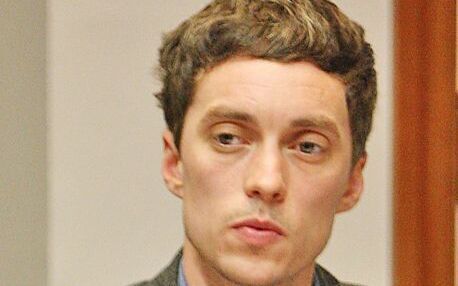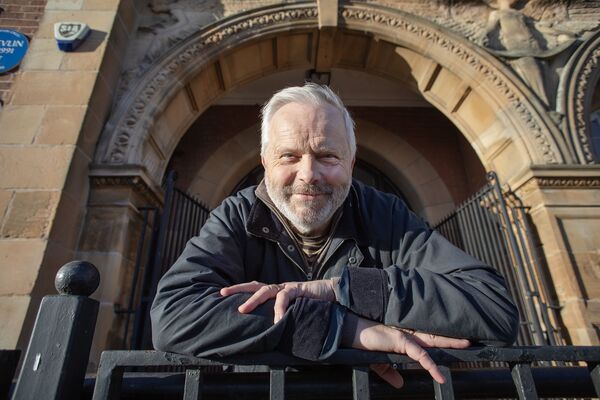WHEN GAA President Jarlath Burns wrapped up the Ireland’s Future conference on Saturday, he said the preceding interview with Leo Varadkar had been very significant.
The former Taoiseach said that the next Irish government should start preparing for a united Ireland and should set aside money to prepare for unity. He also said that he would campaign for reunification.
“What I hope we’ll see happen in the next government, no matter which parties are in it, that we’ll see what is a long-standing political aspiration towards unification become a political objective,” said Mr Varadkar, who resigned as Taoiseach in April.
“It means actively working towards it, preparing the ground for it.”
He added: “We could set up a fund as well and start setting aside some of the surplus to prepare for that transition period.
Former Taoiseach @LeoVaradkar spells it out @IrelandsFuture in Belfast - he wants next Irish Govt to push harder for a united Ireland. pic.twitter.com/ima2tmZCGc
— Mark Simpson (@BBCMarkSimpson) June 15, 2024
“The basic principle, which is a prudent one, at a time when we have a surplus and we won’t have a surplus forever, we are setting aside money for costs that we know are going to rise like climate action, like infrastructure, like pensions.
“I think it is reasonable to apply that same logic to unification and to start to set aside money now to ease that transition and also to reassure people who might be worried there will be an economic cost to them.”
A great day at Ireland’s Future conference at Belfast SSE arena with GCSE and A'level Politics pupils. pic.twitter.com/KXEA3xz1r1
— All Saints College Belfast (@SaintsCollege) June 16, 2024
The event in the SSE Arena in Belfast lasted five hours and had contributions from all the main parties on the island, except unionist politicians. There was one panel discussion, a ‘Protestant Perspective’ featuring former loyalist paramilitary David Adams and DUP founder Wallace Thompson, but like most of the panel discussions there wasn’t enough time – beyond opening addresses – for the audience to glean any insight from the participants on the topics that were up for discussion.
Where we did get insight, however, was from the economic debate which featured Professor John Doyle and Professor Seamus McGuinness who debunked a recent report which suggested that a united Ireland would cost €8-€20 billion a year. There was also a talk on the demographic changes taking place in the North, delivered by Professor Brendan O'Leary, and insight from Dr Tom Black, the outgoing chair of the British Medical Association, who was speaking in a personal capacity, and spoke about the disparity in waiting lists and health outcomes on both sides of the border. He concluded that the NHS does not exist anymore.
There was also growing consensus throughout the day that a referendum on Irish unity should only be held when there is a chance of winning, as history shows you won't get a second chance to re-run it.
It was an ambitious endeavour by Ireland's Future to bring so many diverse views from all corners of society together under one roof to discuss the journey to a new Ireland. A discussion which will become increasingly difficult for the Irish government to ignore.








